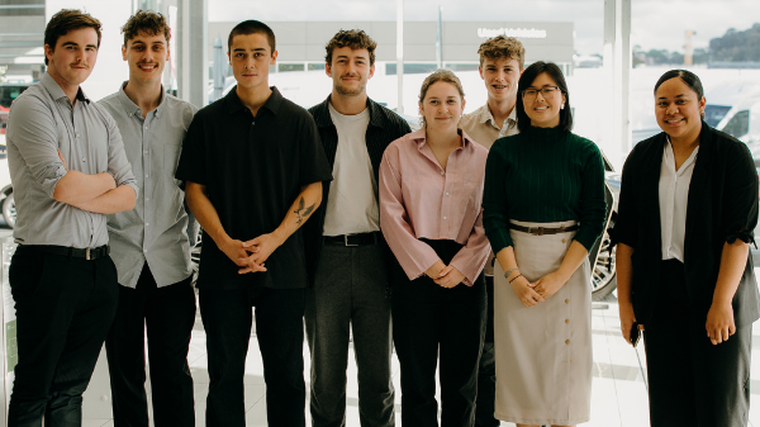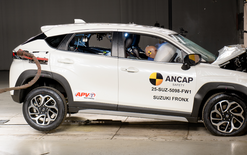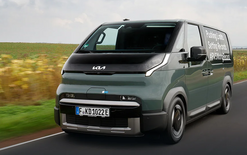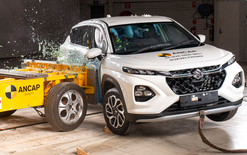Marque backs emerging designers
The winners of New Zealand’s Lexus Design Award have been announced, giving Auckland University of Technology (AUT) students the chance to showcase their creativity, innovation and design skills on an international stage.
Zane Kelbrick, the student behind the Building Materials Collective (BMC), took away top spot with his concept focused on reintegrating second-hand building materials into digital design practices.
The BMC is a project centred around designing an efficient and inexpensive process to give wasted building materials a second life.
The concept enables design and construction businesses to plan, assess and develop for the incorporation of second-hand materials into future developments, reducing overall waste.
Andrew Davis, general manager of marketing for Lexus NZ, says: “We partnered with AUT to support emerging designers because it’s an innovative university with many of its alumni going on to great things.
“The judges of the localised competition were impressed by the level of talent, skill and practical application this year’s student entries showed.
“The events of this year have created unprecedented challenges for us all to tackle – challenges that will only increase in complexity as the years go on.
“It is fantastic to see the next generation proposing imaginative solutions that anticipate the needs of people and society – something that seems more relevant than ever this year.”
Lexus NZ provided cash prizes to the first, second and third-place winners. It has also endorsed the AUT entries into the international Lexus Design Award competition.
If chosen, the concept’s creator will participate virtually in a workshop with one-on-one mentoring from world-class design professionals and receive US$25,000 to complete their prototypes.






